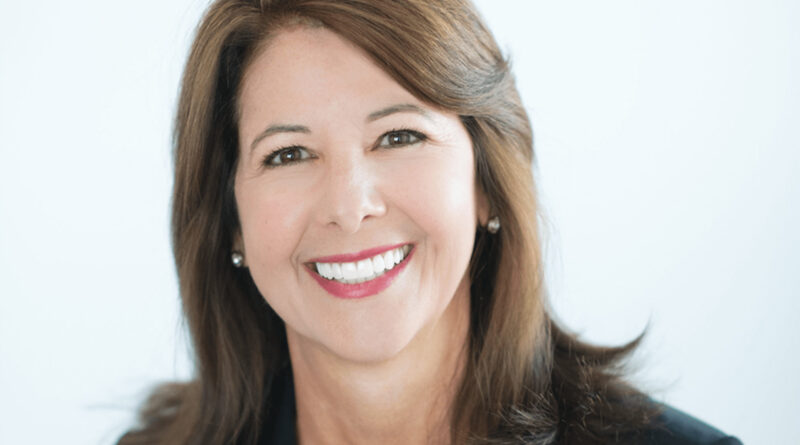Capital Senior Living mulling COVID-19 vaccination as condition of employment – News – McKnight’s Senior Living
With more than 90% of its residents fully vaccinated, Capital Senior Living announced during a second-quarter earnings call on Thursday that it is considering a move to make COVID-19 vaccination a condition of employment in its senior living communities.
For now, Chief Operating Officer Brandon Ribar said the company remains focused on educational efforts across its employee base to increase the percentage of fully vaccinated workers.
“While a decision to move forward with vaccination as a condition of employment has not yet been finalized, this option is under careful consideration,” Ribar said.
President and CEO Kimberly Lody said the Dallas-based firm is turning the corner on the pandemic and is at an inflection point as it focuses on creating an “exciting long-term business plan” for growth and success.
“This is a pivotal time for Capital Senior Living and we believe that the combination of improvements in operating performance, along with our recently announced investment from Conversant Capital, will enable the company to catalyze earnings growth and position the company to create long-term value for our residents, employees and shareholders,” Lody said Thursday during a second-quarter earnings call.
July’s average monthly occupancy of 80.4% marked the fifth consecutive month of occupancy increases, with a cumulative increase of 510 basis points from a pandemic low of 75.3% in February. Leads and tour volume in July reached their highest levels in nearly two years, with move-outs in July at its lowest level since May 2020.
Occupancy in independent living grew 170 basis points from the first quarter, assisted living grew 290 basis points and memory care grew 400 basis points.
“We believe this strong performance is attributed to the excellent care and strong value proposition provided to our residents everyday by our community teams, along with the differentiated resident experiences we recently implemented across the portfolio,” Lody said.
Second quarter revenues increased $1.3 million (2.8%) from the first quarter, representing the first quarterly revenue growth and margin improvement since the onset of the pandemic.
“The hard work in 2019 and 2020 is evident in the statistics in our strong pace of recovery from the pandemic. This is a pivotal time for Capital Senior Living,” Lody said, adding that the company is “turning the corner on the pandemic” with increasing occupancy, low supply and demographic growth poised to accelerate for the duration of the decade.
She said the company has been operating in a capital-constrained environment for several years. And while the company took decisive actions throughout 2020, including selling underperforming communities, the COVID-19 pandemic has put additional, ongoing stress on its resources.
“The near-term environment remains very costly, uncertain and challenging due to the proliferation of the delta variant, limited staff availability in many markets, general inflationary pressures, and the need to invest in our communities to support the trajectory of recovery and further growth,” Lody said.
Ribar said the availability of capital to invest in certain communities is paramount to Capital’s growth strategy over the next 12 to 18 months. Capital investments is focused on common area refurbishments, amenity upgrades in resident units, and the conversion of existing assisted living and independent living units to memory care markets in certain markets.
Common area refurbishments of $7 million in 12 communities will begin in the fourth quarter. Five communities in Ohio and Wisconsin also have been targeted for conversion to memory care wings within a year. These conversions, he said, will allow the company to fold in its recently developed Magnolia Trails Memory Care programing into 65 units across these communities.
With favorable demographic trends and new supply at decade lows, Lody said the company’s three-year transformation to improve operating performance and strengthen its financial foundation is nearly complete. The next chapter, she said, is focused on “exemplary care, engaging resident experiences and measured, responsible and sustainable growth.”





